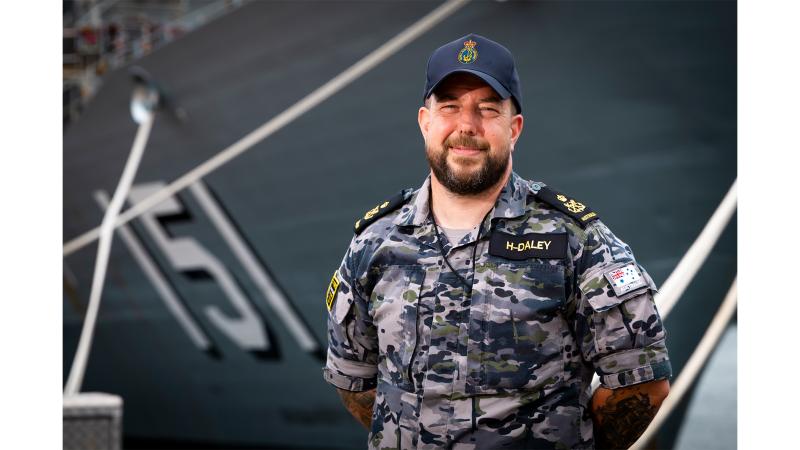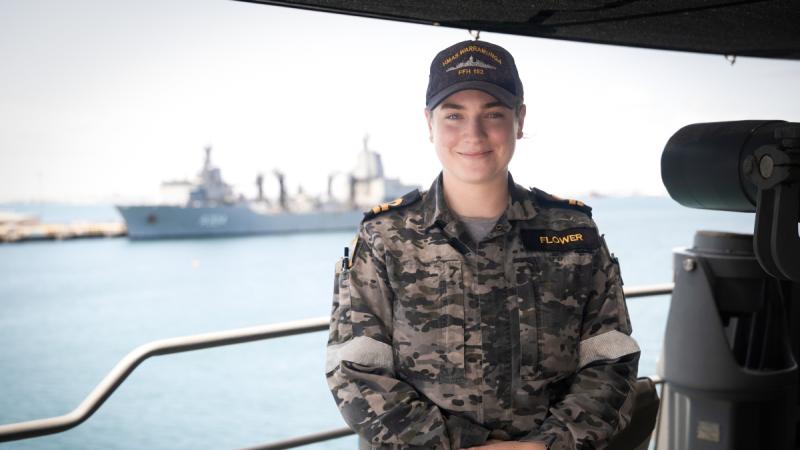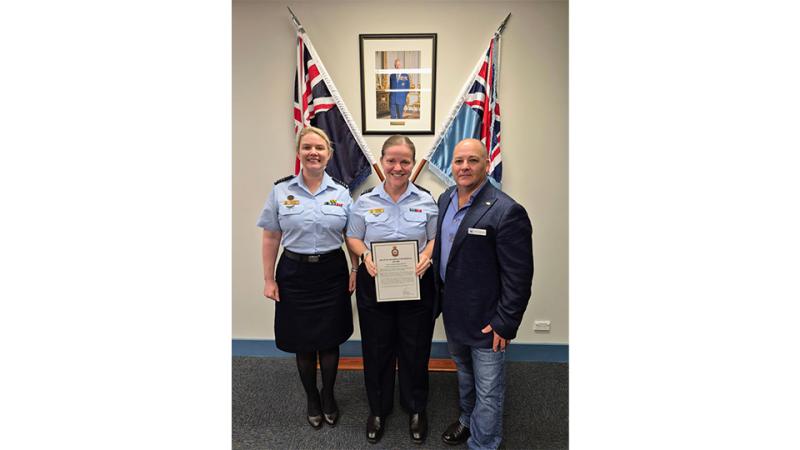28 October 2020
Thousands of Australian families benefit from the Defence Blood Challenge each year, including Air Force’s own.
Eleven-year-old Josh Miller is the son of Wing Commander Peter Miller, of RAAF Base Richmond.
Josh was nine when he was diagnosed with acute lymphoblastic leukaemia in February 2018 and has since undergone several forms of treatment.
“His treatment has involved extensive chemotherapy, a bone marrow transplant, several forms of immunotherapy and stem cell top-ups,” Wing Commander Miller said.
“During his treatment, he was the recipient of 109 blood transfusions and 285 platelet transfusions.
“He has finally recently started to show some improvement, following a very complex treatment regime.”
Red Cross Lifeblood is able to identify products from donors that match patients requiring human leucocyte antigen platelets.
While platelet donors who matched Josh must remain anonymous, the Miller family still show their gratitude to donors where they can.
“Josh has visited Red Cross Lifeblood donation caravans to say ‘thank you’ to the donors and the staff,” Wing Commander Miller said.
“We’re able to show the benefits of donating during the Defence Blood Challenge and the extensive use of blood and other blood products that benefit just one patient.”
Josh has become the fifth paediatric patient in Australia to undergo chimeric antigen receptor T-cell treatment in Melbourne.
More than 29,000 blood donations are needed in Australia every week, with around 10,000 of these needed for cancer treatment.
T-cells were extracted from Josh’s blood and sent to a laboratory in the United States, where they were genetically engineered to fight cancerous cells. The sample was returned to Australia and transfused back into Josh and this year he has been on a slow but gradual path to recovery.
Despite COVID-19, Josh said he found a way to raise money for the Central Coast Kids in Need charity.
“One of my friends who died from leukaemia was being supported by that charity, so I raised money for them by selling masks,” Josh said.
Josh and his older brother Ben earn pocket money by distributing advertising catalogues in mailboxes, to which Josh added a flyer for the masks.
“We were getting about seven calls a day for masks, so I would send my brother out on his bike to make deliveries,” Josh said.
Media and Communications Manager with Red Cross Lifeblood NSW, Jemma Falkenmire, said cancer patients were the nation’s largest users of donated blood, accounting for more than a third of all blood used.
“More than 29,000 blood donations are needed in Australia every week, with around 10,000 of these needed for cancer treatment,” Ms Falkenmire said.
“A patient with acute leukaemia can use up to 36 bags of platelets each month, with four donors required to make each bag of platelets.”
Of the remaining recipients, 19 per cent are for anaemia and related causes, 18 per cent for open heart surgery and burn victims and 13 per cent for heart, stomach and kidney diseases.
The remainder are given to a range of patients, including orthopaedic patients following fractures and joint replacements, pregnant mothers, new mums and young children and road trauma patients.
“Nearly every Australian has been touched by someone’s battle with cancer and many aren’t aware of the important role blood has played in that person’s journey,” Ms Falkenmire said.
Red Cross Lifeblood Donor Centres are open across Australia and the Lifeblood Mobile Donor Vans are visiting Defence establishments throughout the challenge, which finishes in December.
To book your appointment, call Australian Red Cross Lifeblood on 13 14 95 or visit https://www.donateblood.com.au


